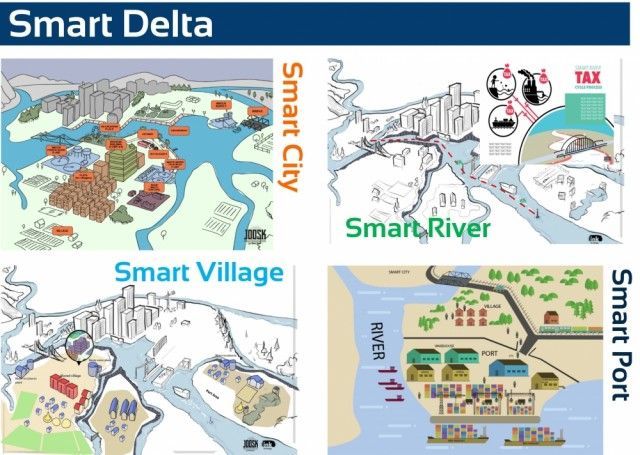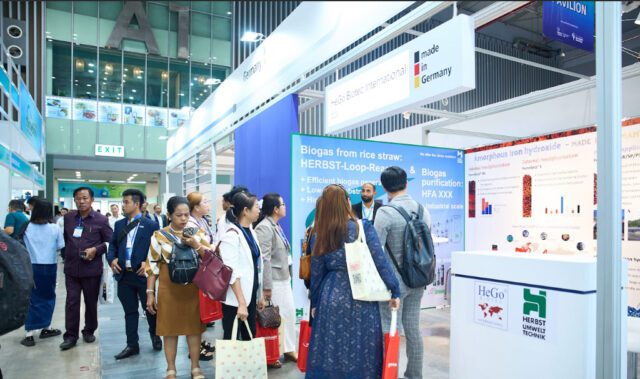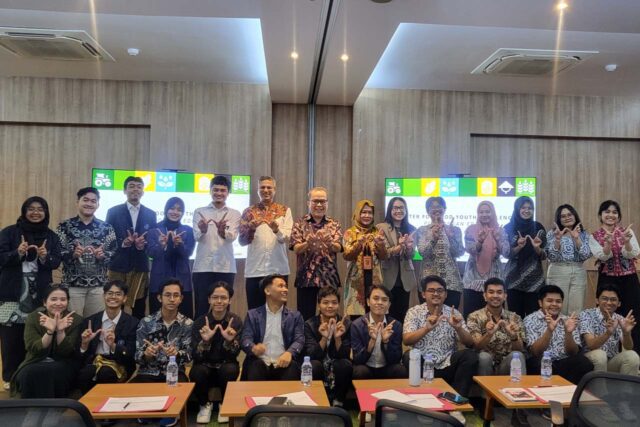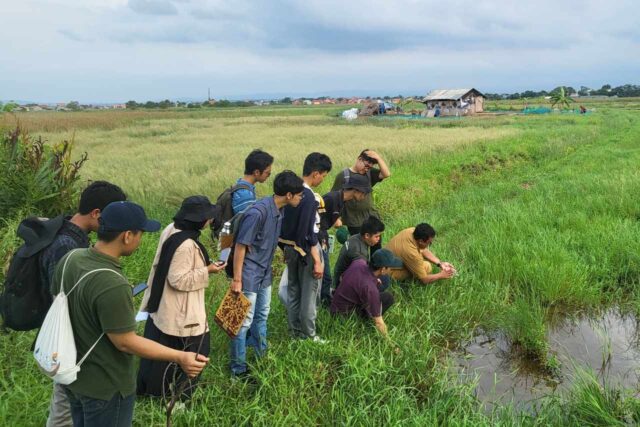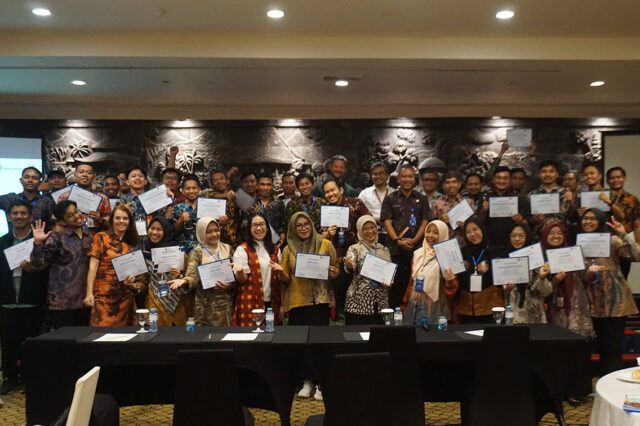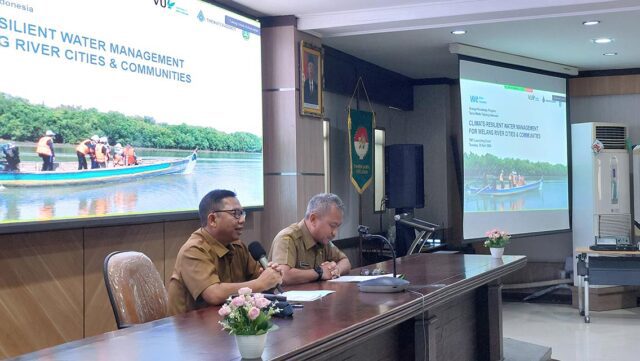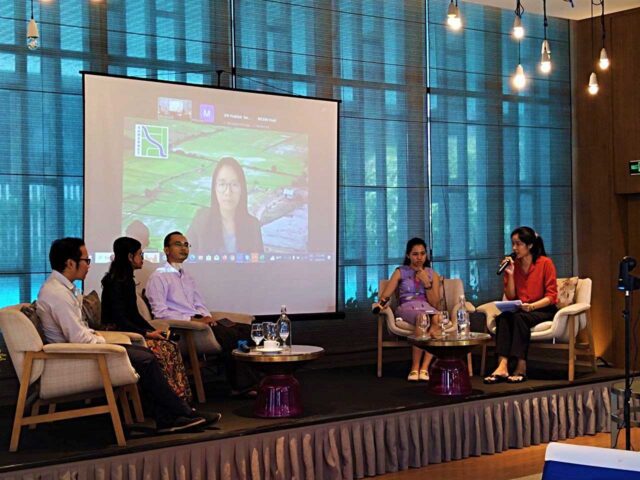The Ayeyarwady Delta is one of the world’s major deltas, running 300 km from east to west and 200 km from north to south. It is the main artery on which Myanmar’s livelihood depends, providing food, water and a place to live and work for millions of people. The Ayeyarwady Delta also plays an increasingly important role in Myanmar’s economic development as a regional trading route. At present the delta is still largely undeveloped but the exploitation of its resources in some areas may pose serious threats to the future health of the delta. We can already see the first signs of changes such as the exploitation of the mangroves, overfishing, river bank erosion and deterioration of water quality. Adding to this, we need to recognise the vulnerability of the Delta when it comes to the extreme climate – with both floods and severe drought – as well as the very poor and remote communities living throughout the delta.
Clearly, sustainable development of the Ayeyarwady Delta needs smart solutions. The Myanmar Water Challenge challenges local students and young professionals to contribute their own ideas and solutions, mentored by senior local and international experts.
Campus Program
The Myanmar- Water Challenge 2016 kicked-off with an exciting on-campus program at Yangon Technological University and Myanmar Maritime University. All together, more than a hundred students from nine universities and institutes participated in an informative and fun program, introducing the Smart Delta theme. After the introductory presentations, the students worked on a mini “delta challenge’, supported by the company experts.
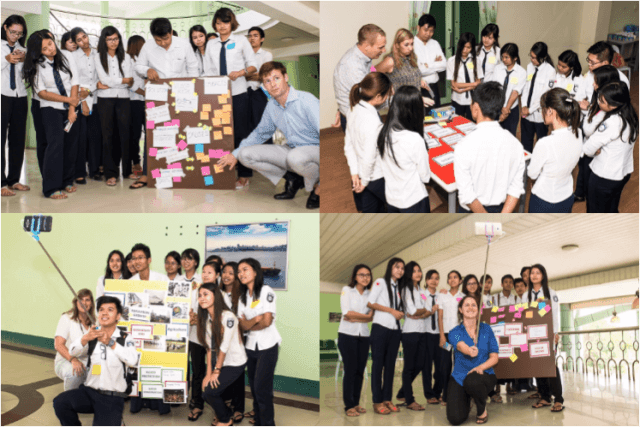
Delta Academy
The Delta Academy of the Myanmar Water Challenge 2016 was not to be missed in Yangon as a long line of orange umbrellas could be seen marching the city waterfront, port site and even the rural townships across the river. Moreover, anyone listening-in on the action indoors could have easily mistaken it for the local food market as teams were passionately pleading their ideas and solutions.
It all started on Tuesday 10 May as forty selected students and young professionals from nine universities and institutes across Myanmar came together for a 3-day intensive program to learn about sustainable delta development. Through a rich program of case studies, field trips, guest lectures and team assignments they were taken on a journey through the delta: analysing the typical challenges and opportunities of the delta, understanding the underlying drivers, weighing the interests of stakeholders and developing their own ideas and solutions.
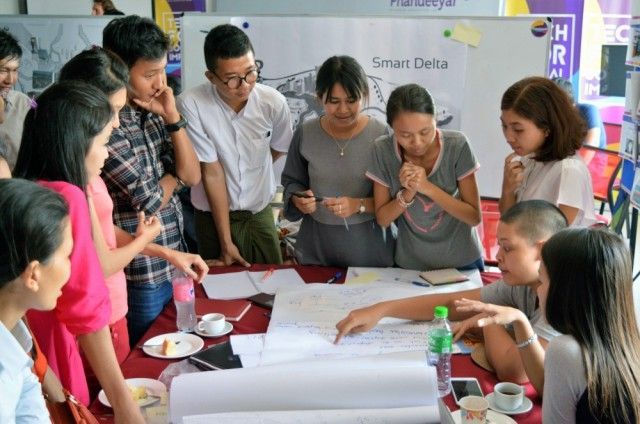
Under the Smart Delta theme, participants worked in four teams, representing key stakeholders in the delta: Smart Port, Smart River, Smart City and Smart Village. Each team had to analyse its own particular challenges and come up with possible solutions. In doing so, negotiating with the other teams and finding common ground was critical to achieve integrated solutions that balanced the interests of all stakeholders.
Throughout the program, the teams were supported by senior experts from local and international companies and organisations, such as Arcadis, Deltares, NEPS, Royal HaskoningDHV, Myanma Port Authority, Van Oord and the Yangon City Development Committee.

Grand Final
The Delta Academy program was closed with a Grand Final on 12 May where the teams presented their ideas and solutions on the big stage to senior representatives from ministries, NGO’s, universities, World Bank, WHO, KOICA, local private companies, Yangon City Development Committee and Myanmar Port Authority.
As each team took the stage to pitch their ideas, they were interrogated and judged by a panel of distinguished experts, consisting of Mrs. Carola Baller, Deputy Ambassador of the Netherlands Embassy (chair of the panel), Dr. Zaw Lwin Tun, Director Irrigation Department, Dr. Myo Nyein Aye, Deputy General Manager Myanmar Port Authority, U Khin Latt, Senior Engineer NEPS and U Bobby MG, CEO Network Activities Group (NAG).
